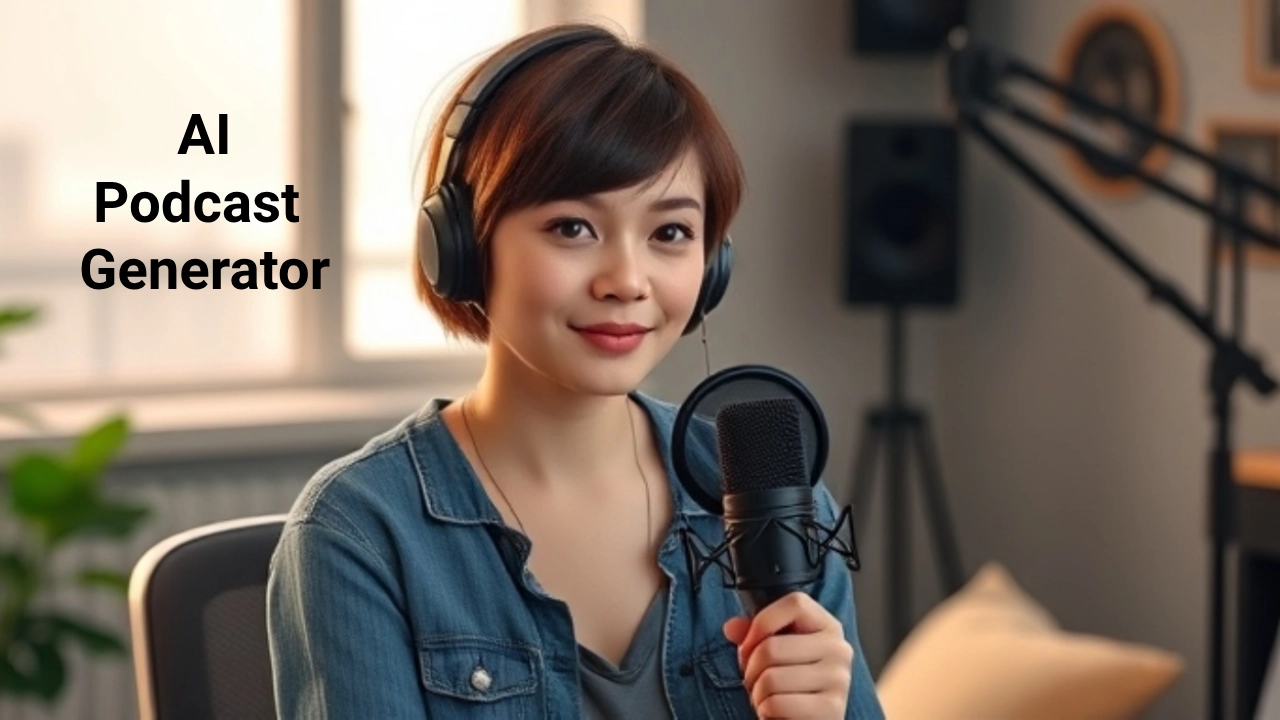In 2025, the podcasting landscape is undergoing a seismic shift, driven by a force that’s both invisible and omnipresent: artificial intelligence. What began as a medium defined by raw, human voices sharing stories, opinions, and expertise is now flirting with a new frontier—AI-generated voices and content creation tools.
From synthetic hosts to automated editing, artificial intelligence is reshaping how podcasts are produced, consumed, and perceived. But what does this mean for the future of audio storytelling? Let’s dive into this brave new world of “Podcasts in the Age of AI” and explore how artificial voices are leaving their mark.
The Rise of AI Voices in Podcasting
The idea of an artificial voice isn’t entirely new—think of Siri or Alexa narrating your daily weather update. But recent advancements in natural language processing (NLP) and text-to-speech (TTS) technology have elevated AI voices to a level that’s almost indistinguishable from human narration. Companies like Descript, Respeecher, and ElevenLabs are at the forefront, offering tools that can clone a voice from a short sample or generate entirely new ones with customizable tones, accents, and emotions.
Podcasters are taking notice. Small creators with limited budgets can now produce polished episodes without hiring voice talent. Meanwhile, larger studios are experimenting with fully AI-hosted shows. Take “The AI Podcast Experiment,” a 2024 series where an artificial host named Aria interviews real guests. Listeners praised Aria’s smooth delivery and witty banter—many didn’t even realize she wasn’t human until the credits rolled. This blurring of lines between human and machine raises a tantalizing question: could AI voices become the new standard in podcasting?
Also Read: How to Start a Podcast with Minimal Equipment and Maximum Impact
How AI Is Transforming Podcast Production
Beyond hosting, AI is streamlining every step of podcast creation. Here’s how:
- Scriptwriting and Research: Tools like ChatGPT and Jasper can generate episode outlines, intros, or even full scripts based on a topic prompt. For research-heavy shows, AI can scour the web and summarize relevant articles in seconds, saving hours of prep time.
- Voice Synthesis: Creators can record a few minutes of their voice, then let AI “speak” the rest of the episode. This is a game-changer for podcasters who want consistency but lack the time—or vocal stamina—for long recording sessions.
- Editing and Post-Production: Platforms like Descript’s Overdub and Adobe Audition’s AI-enhanced features can remove filler words, adjust pacing, and even fix mispronounced lines by regenerating them in the speaker’s voice. No more re-recording flubbed takes.
- Personalization: Some podcasts are experimenting with AI to tailor content to individual listeners. Imagine a fitness podcast that adjusts its advice based on your goals, or a news show that prioritizes stories based on your location—all delivered in a seamless, AI-generated voice.
These innovations are democratizing podcasting, making it easier for anyone to jump in. But they’re also sparking debates about authenticity and creativity.
The Pros: Efficiency, Accessibility, and Innovation
The integration of AI voices offers undeniable benefits. For one, it slashes production costs. A solo podcaster no longer needs to hire a sound engineer or guest host—AI can fill those roles. This is especially impactful in niche markets where budgets are tight but passion runs deep.
Accessibility is another win. AI can translate podcasts into dozens of languages in real time, breaking down barriers for global audiences. Picture a Spanish-speaking listener tuning into an English true-crime podcast, hearing the host’s voice flawlessly dubbed into their native tongue. Companies like Spotify are already piloting such features, hinting at a borderless future for audio content.
And then there’s innovation. AI voices can do things humans can’t—like narrating 24/7 livestreams or adapting tone on the fly to match a listener’s mood. Experimental shows are pushing boundaries, like “Echoes of Tomorrow,” a sci-fi podcast where an AI host evolves its personality based on listener feedback, creating a dynamic, ever-changing narrative.
Also Read: How to Start a Podcast with Minimal Equipment and Maximum Impact
The Cons: Authenticity and Ethical Dilemmas
Yet, for every leap forward, there’s a shadow of concern. The human connection—cracked voices, unscripted laughs, raw emotion—is the soul of podcasting for many fans. Can an AI truly replicate that? Early adopters say yes, pointing to synthetic voices that mimic vulnerability or excitement. Critics argue it’s a hollow imitation, lacking the lived experience that gives storytelling its depth.
Ethics loom large, too. Voice cloning opens the door to misuse. Imagine a scammer cloning a celebrity’s voice to peddle fake endorsements, or a podcaster using AI to “revive” a deceased host without consent. Legal frameworks are scrambling to catch up, with cases like the 2024 lawsuit against a startup that cloned a comedian’s voice for a podcast ad campaign spotlighting the risks.
There’s also the question of jobs. If AI can host, edit, and produce, what happens to human sound engineers, voice actors, and writers? Some predict a hybrid future where AI handles the grunt work, freeing humans for creative roles. Others fear a flood of low-effort, AI-generated content drowning out original voices.
Final Thoughts
Podcasts in the age of AI are a paradox: a medium rooted in human intimacy, now amplified by artificial ingenuity. Artificial voices are undeniably shaping audio content, offering efficiency, accessibility, and bold new possibilities. Yet, they also challenge us to redefine what makes a podcast resonate. As this technology evolves, one thing is clear: the voices we hear—human or synthetic—will continue to tell stories that captivate, inform, and connect us.

